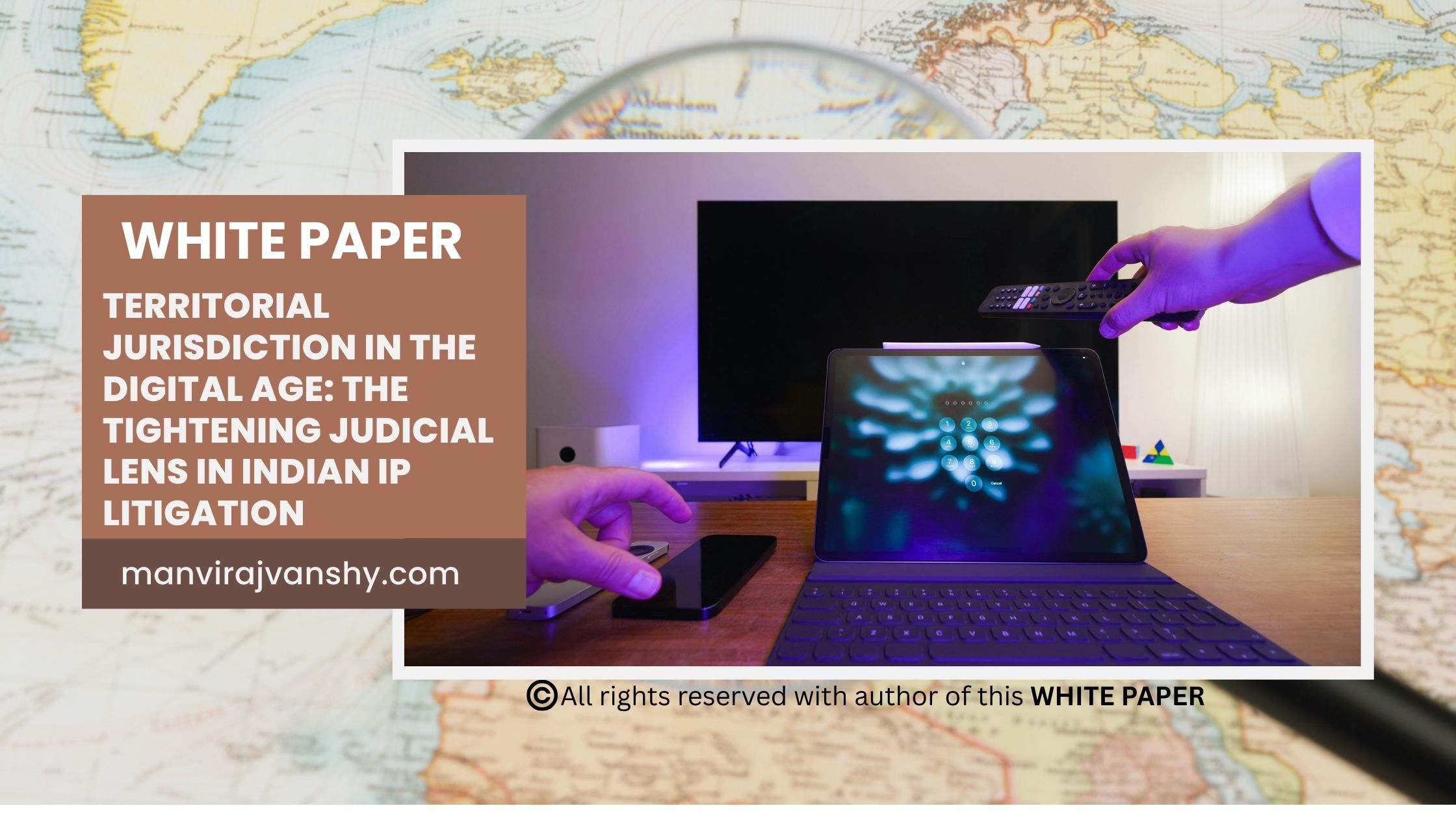Indian courts are steadily refining the law of territorial jurisdiction in intellectual property disputes, particularly in the digital domain. Earlier, plaintiffs often invoked Section 20 CPC read with Section 134 of the Trade Marks Act, 1999 and Section 62 of the Copyright Act, 1957 to argue that mere accessibility of an infringing website sufficed to ground jurisdiction. The judiciary, however, is moving away from this expansive view, recognising that sublato fundamento cadit opus—when the foundation is weak, the case cannot stand.
Recent rulings insist on a more substantial nexus: purposeful targeting of consumers, commercial transactions within the forum, or demonstrable injury. In effect, the courts are rejecting the “access test” in favour of an “effects test.” This shift balances ubi jus ibi remedium—the right to seek remedies—with the need to prevent multiplicatio litium, or forum shopping.
By emphasising intent and impact over mere accessibility, Indian jurisprudence is evolving towards a doctrine of “digital territoriality,” aligning with global trends while addressing the unique challenges of a borderless internet marketplace.
